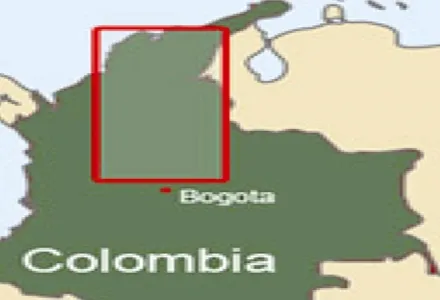IRF Washington announces strategic cooperation agreement with the Colombian Chamber of Infrastructure
The IRF Washington Program Center (IRF WPC) and the Colombian Chamber of Infrastructure (CCI) have announced their intent to sign a Memorandum of Understanding (MOU) to cooperate on technology transfer, training and dissemination of best-practices in Colombia
February 9, 2012
Read time: 2 mins

The IRF Washington Program Center (IRF WPC) and the Colombian Chamber of Infrastructure (CCI) have announced their intent to sign a Memorandum of Understanding (MOU) to cooperate on technology transfer, training and dissemination of best-practices in Colombia
According toIRF greatly values the strategic relationship with CCI, because it is the largest, most important and active infrastructure industry group in Colombia - a nation that is in the process of upgrading and expanding its road infrastructure at a rapid pace, with investments valued in the billions of US dollars over the next 5 years.
According to Juan Martin Caicedo Ferrer, Executive President of CCI, the Colombian government is making up for low levels of financing in this sector over the last 10 years, by doubling investment (from under 1% of average GDP previously, to about 2%).
The
CCI's mission in Colombia parallels that of IRF worldwide. As a non-profit industry group, the Chamber has promoted socio-economic development and upheld ethical principles and transparency in procurement policies associated with critical infrastructure projects.
Mr Caicedo has issued an invitation to IRF members and road sector organisations throughout the world to participate in the development of infrastructure in Colombia.
Two early, and ideal, opportunities in this respect will be the IRF Latin America Regional Congress in Bogota (8-9 November, 2010), and the Seventh National Congress of Infrastructure (24-26 November, 2010), which will be organised by CCI in Cartagena, a beautiful city on the Caribbean coast of Colombia. This Congress will notably include a unique business matchmaking session.








